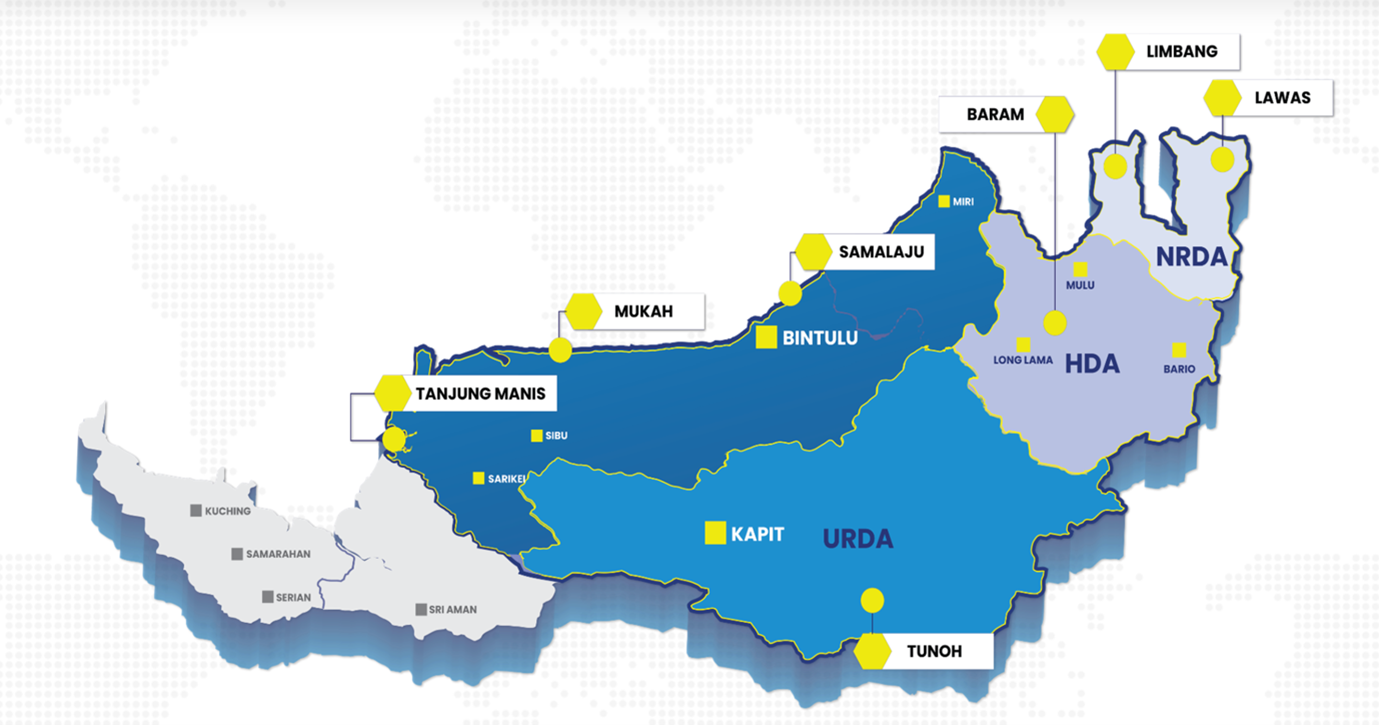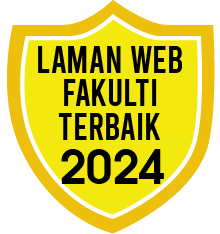According to the IEA’s 2024 report, the majority of the increase in global renewable energy demand by 2030 will come from the transport, industry, and buildings sectors.
This indicates that the demand for renewable energy is rising, driven by growing awareness of environmental sustainability among the public, industries, and governments.
This presents a significant opportunity for Sarawak, especially since the launch of the Sarawak Corridor of Renewable Energy (SCORE) in 2008, which marked a new chapter in the state’s efforts to harness its renewable energy resources. SCORE not only strengthens the foundation of state revenue but also strategically positions Sarawak for long-term economic sustainability.
Renewable energy is expected to become Sarawak’s main export commodity and a major contributor to state revenue. Sarawak investments in technologies such as floating solar, ground-mounted solar, hydroelectric power, biomass, and wood pellets hold immense export potential to neighboring regions including Sabah, Kalimantan (Indonesia), and Brunei, as well as international markets such as Singapore and the Philippines. SEB’s mission to increase energy generation capacity to 10GW by 2030 underscores Sarawak’s confidence in positioning itself as a regional leader in the clean energy sector.
Through Sarawak Energy Berhad (SEB), the state continues to forge ahead with various initiatives, including the Borneo Power Grid (BPG), which reflects the ASEAN spirit of inclusivity and regional cooperation, contributing to the broader vision of the ASEAN Power Grid (APG). Within this context, Sarawak continues to emerge as a focal point for investors, particularly among ASEAN member countries. The consistent growth in Sarawak's annual revenue reflects the effectiveness of the state's economic management, positioning it among the most advanced states in Malaysia.
With these strategic investments, Sarawak is well positioned to become ASEAN’s renewable energy leader, advancing its ambition to serve as the region’s power hub 'the Battery of Borneo’. However, this rapid growth also presents challenges particularly environmental impacts and the need to ensure that development benefits are shared inclusively across all levels of Sarawak’s society. As such, Sarawak’s New Economic Model must be designed around climate action principles and geared towards a vibrant, inclusive, and resilient socio-economic future. This aligns with a development approach focused on Return on Value (ROV) to ensuring that the prosperity and well-being of the state are shared broadly.
The increasing demand for labour in the renewable energy sector is projected to grow steadily over the coming years, underscoring a strategic opportunity to strengthen Sarawak’s local human capital. Proactive investment in skills development will be critical to ensuring sustainable support for the state’s clean energy development agenda. In support of this aspiration, Universiti Putra Malaysia Bintulu Campus (UPMKB), through the Faculty of Humanities, Management and Science, is committed to playing a pivotal role by providing expertise, policy research, and talent development to support the state’s strategic direction in the renewable energy sector. The Faculty is currently in the final phase of developing a Master's programme in Renewable Energy, designed as a multidisciplinary programme encompassing technical aspects, management, public policy, and environmental sustainability to meet the future energy development needs of the state.
SCORE areas in Sarawak

Source : https://recoda.gov.my/sarawak
Author;
DR SHAIRIL IZWAN TAASIM
Deputy Dean
(Research, Funding and Postgraduates Studies)
Faculty of Humanities, Management and Science
Universiti Putra Malaysia
Campus Bintulu, Sarawak.
Research Fellow
For The Science Panel For Borneo
UN Sustainable Development Solutions Network (SDSN)
Date of Input: 05/06/2025 | Updated: 05/06/2025 | lanz
MEDIA SHARING

































